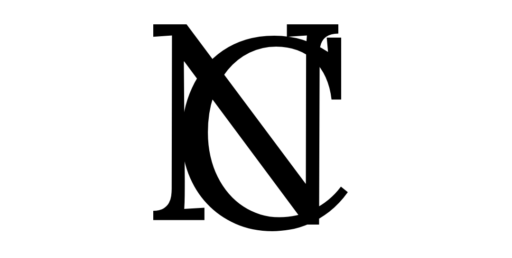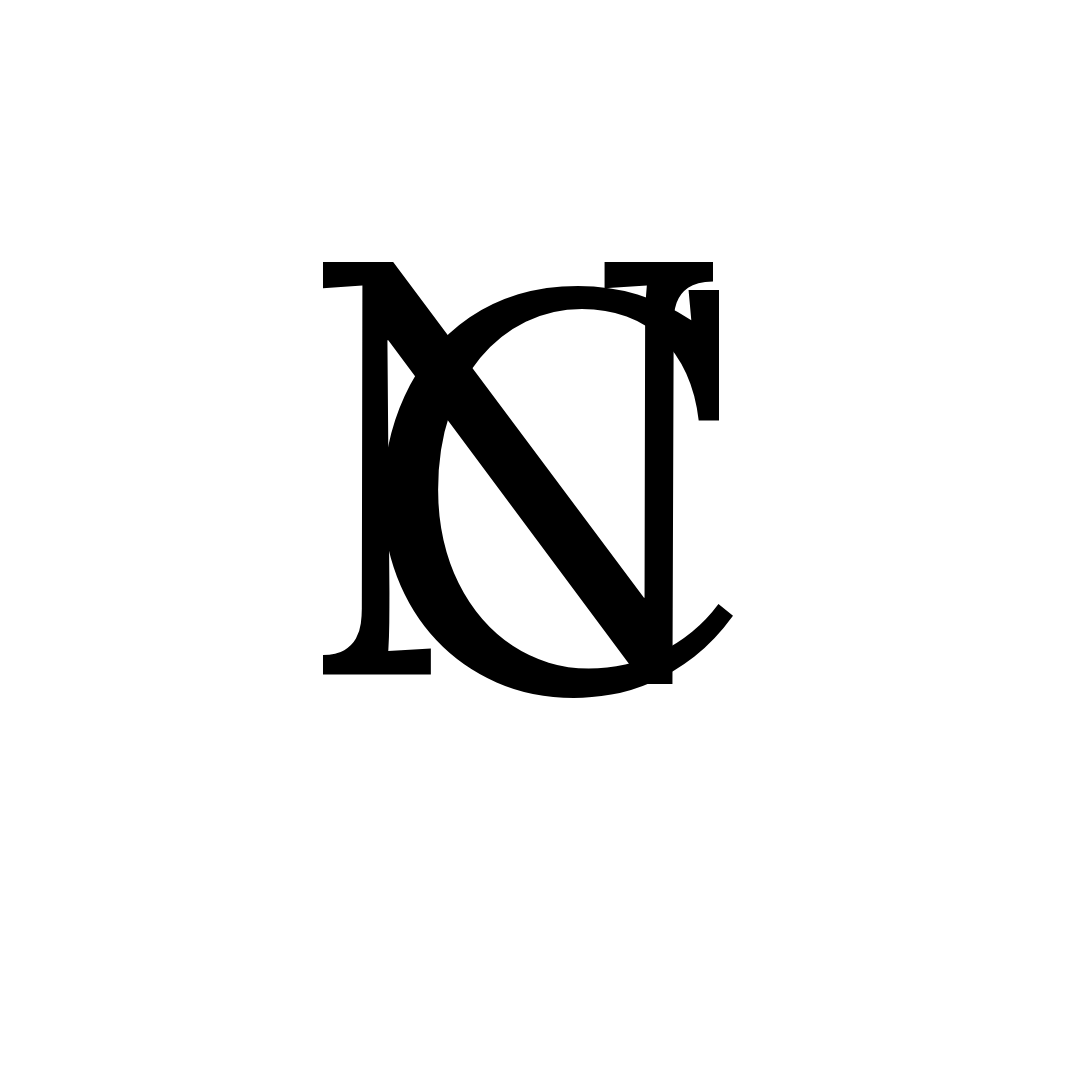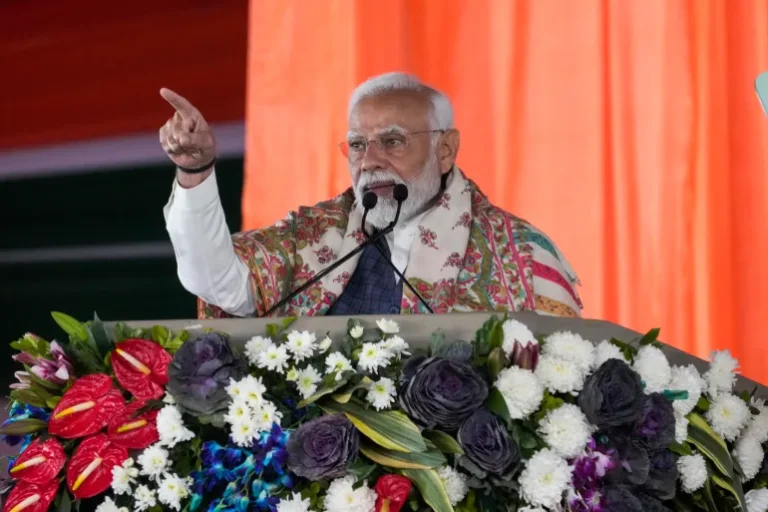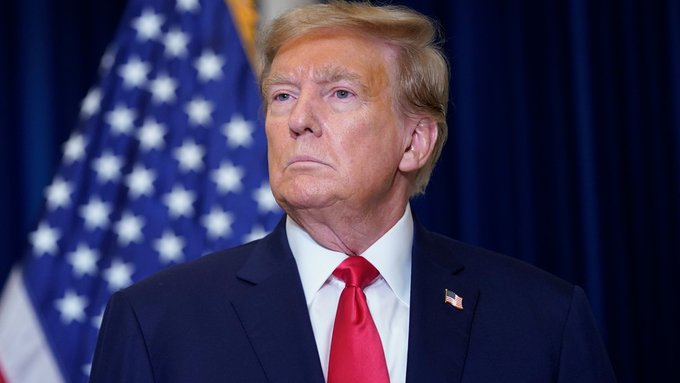Europe Blasts Trump’s “Nonsense” Tariffs as Fears of Global Recession Mount
German Economy Minister Robert Habeck has launched a scathing attack on U.S. President Donald Trump’s newly imposed tariffs, branding the economic rationale behind them as “nonsense” and warning they could tip the world into a recession. His remarks underscore the growing alarm across Europe over Washington’s aggressive new trade stance, with EU leaders now scrambling to formulate a united response.
Speaking ahead of an emergency meeting of EU trade ministers in Luxembourg, Habeck condemned the 20% tariffs levied by the Trump administration on European imports including core sectors such as technology, automotive, and energy as “economically reckless” and “politically damaging.”
“The damage can get even worse,” Habeck warned. “The stock markets are already collapsing, and the consequences could be dire for the global economy. For consumers in the US, the day will not be ‘Liberation Day’ but ‘Inflation Day.’”
The tariffs, announced last week under Trump’s so-called “reciprocal tariff” policy, hit Germany especially hard. The U.S. remains Germany’s largest trading partner, with bilateral trade reaching €252.8 billion ($278.7 billion) in 2024, according to Destatis. Shares in major German automakers like Volkswagen and BMW plunged on Monday, while the DAX index fell by 1.6% and government bond yields dropped sharply.
Habeck emphasized that the EU must respond “calmly, prudently, but also clearly and with determination,” calling for strategic unity within the bloc. “We are in a strong position America is in a position of weakness,” he said. “Trump will buckle under pressure if Europe acts together. That is what I see.”
He also criticized Trump ally Elon Musk, who recently proposed a North America-EU free trade zone, dismissing the idea as “ridiculous” and a “sign of weakness and maybe of fear.”
European Commission President Ursula von der Leyen confirmed that the EU is preparing countermeasures. “We are now preparing for further countermeasures, to protect our interests and our businesses if negotiations fail,” she said, while urging a pivot “from confrontation to negotiation.”
Still, the bloc is taking a cautious approach. Habeck urged EU partners not to react hastily, stressing the importance of coordinated action and warning against individual countries seeking side deals. “The EU has no time pressure to react,” he noted. “But we must act with resolve and unity.”
Among the proposed EU responses is a potential tax on American tech giants, who, Habeck argued, currently enjoy “incredible dominance in Europe” while largely avoiding local taxation. “Everything is on the table,” he said.
The German economy, which has only recently begun to recover from the energy crisis triggered by the Russia-Ukraine war, now faces renewed uncertainty. Habeck pointed to the costly lesson learned from overreliance on Russian energy as a reason to invest strategically in Europe’s independence. “We just can’t rely on everyone only being friendly to us anymore,” he said, advocating for enhanced AI, space tech, and cloud infrastructure.








